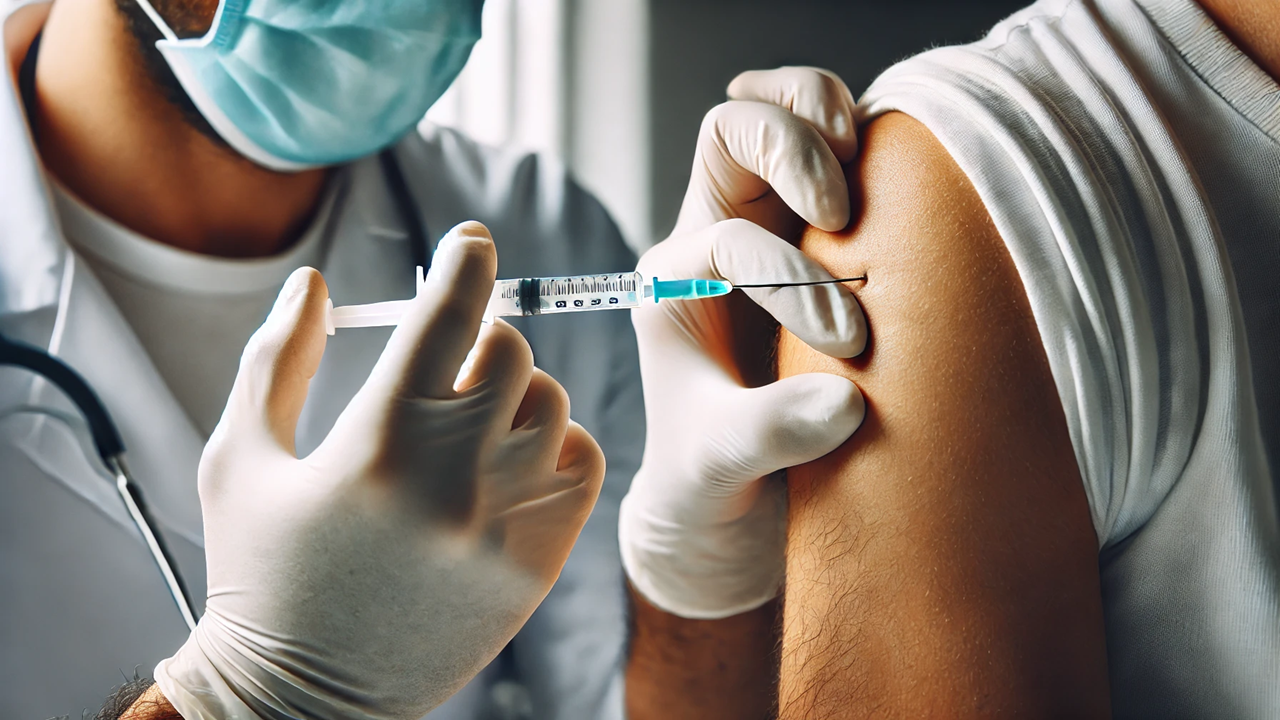WHO Global Committee Reviews Critical Vaccine Safety Issues
The WHO Global Advisory Committee on Vaccine Safety (GACVS), established to provide independent oversight on global vaccine safety, held its 47th meeting virtually from May 15 to 17, 2024. With a wide range of experts in attendance, the committee addressed safety concerns related to various vaccines, including COVID-19, Hepatitis E, RSV, and Dengue. In a world still reeling from the effects of the pandemic, the importance of global vaccine safety has never been more critical.
COVID-19 Vaccines: Learning from the Pandemic
One of the key highlights of the GACVS meeting was a review of the COVID-19 vaccine safety landscape, particularly focusing on the Omicron monovalent and bivalent vaccines. The discussion centered around lessons learned during the pandemic, including the challenges of handling the high volume of vaccine safety reports and the critical importance of spontaneous reporting.
The committee noted that while countries had struggled with safety signal detection during the height of the pandemic, systems had adapted, with structured and transparent communication playing a crucial role in managing global safety efforts.
“Spontaneous reporting became the backbone of detecting safety signals,” the WHO report highlights how timely analysis and structured communication can prevent misinformation and improve public trust in vaccines. As the world enters a post-pandemic phase, GACVS emphasized the need to continuously monitor safety signals associated with COVID-19 vaccines.
Hepatitis E Vaccine Raises Concerns for Pregnant Women
Another major topic discussed was the safety of the Hepatitis E vaccine (Hecolin®), particularly its use in pregnant women. Two post-licensure studies conducted in Bangladesh and South Sudan suggested a potential link between the vaccine and spontaneous abortions when administered early in pregnancy.
Although the findings are still under investigation, GACVS expressed concern over the increased rate of spontaneous abortions observed in women vaccinated within 90 days of pregnancy. Most cases occurred during the first seven weeks of gestation. While no definitive conclusion has been drawn, the committee called for further research to determine whether the timing of vaccination plays a role in these outcomes.
Despite this potential risk, the committee emphasized the critical importance of the Hepatitis E vaccine, particularly in areas where the virus poses a significant threat to public health. Pregnant women are known to face a higher risk of severe Hepatitis E complications, making the benefits of vaccination weigh heavily in such settings.
RSV Vaccine: Safe, But Requires Further Monitoring
The meeting also reviewed Pfizer’s Abrysvo® vaccine, designed to protect pregnant women and their newborns from respiratory syncytial virus (RSV). The vaccine showed high efficacy during clinical trials conducted across 18 countries, but it raised some questions due to a slight increase in preterm births in vaccinated mothers.
Although the observed increase in preterm births was not statistically significant, GACVS flagged it as a potential safety signal that requires further monitoring. Experts agreed that this highly effective vaccine should remain in use, especially given the severe risks RSV poses to infants, but they also stressed the importance of post-marketing studies to better understand the long-term safety of the vaccine.
Dengue Vaccine Anaphylaxis Cases Prompt Investigation
Takeda’s dengue vaccine (Qdenga®) came under scrutiny after Brazil reported a higher-than-expected number of anaphylaxis cases following its administration. Brazil's mass vaccination campaign aimed at children aged 10-14 revealed an incidence of 3.3 anaphylaxis cases per 100,000 doses, which raised concern among health officials.
While these cases are being thoroughly investigated, the GACVS committee reassured the public that the vaccine’s benefits continue to outweigh the risks, especially in regions with a high burden of dengue. The Brazilian Ministry of Health has maintained its recommendation for the vaccine, and experts are working on protocols to manage better and communicate the risks of anaphylaxis.
Global Efforts to Harmonize Vaccine Safety Monitoring
In addition to reviewing individual vaccines, the GACVS discussed global efforts to harmonize the monitoring of maternal and newborn health outcomes following immunizations. WHO introduced a minimum maternal and newborn health dataset (WHO mMNHDS) with standardized indicators to ensure consistency in data collection across different regions and countries.
This harmonization is expected to help global health authorities assess the safety of vaccines more effectively, especially in low- and middle-income countries. The committee expressed optimism that the new system would improve the detection of adverse events and reduce errors in safety assessments.
As vaccines continue to play a pivotal role in protecting global health, GACVS underscored the need for ongoing vigilance, improved communication, and robust data collection to ensure public confidence and the safety of immunization programs worldwide.











